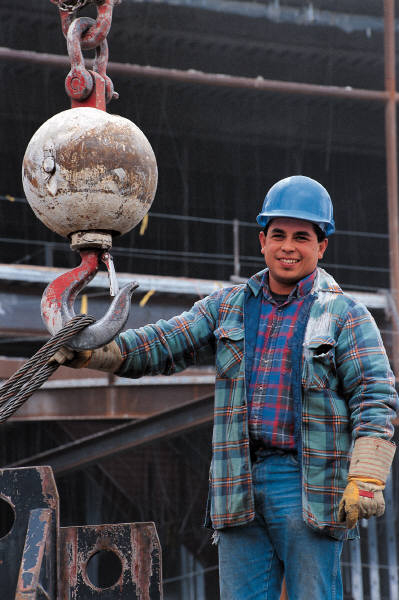 From the “no-brainer” news desk comes a new study that adds some empirical data to plain old common sense: workers are less likely to be injured on the job when they have paid sick days.
From the “no-brainer” news desk comes a new study that adds some empirical data to plain old common sense: workers are less likely to be injured on the job when they have paid sick days.
The study, performed by the National Institute for Occupational Safety and Health (NIOSH is part of the CDC), found paid sick days offer a significant protection against workplace injury. In an analysis of 38,000 workers, workers with paid sick days were 28% less likely to be injured on the job than those without them. Workers in high risk occupations such as construction, manufacturing, agriculture, and health care and social assistance were most likely to benefit from paid sick days.
The authors suggest that the income security offered by paid sick days allows sick workers to stay home until they’re healthy, lowering the number of workplace accidents. The authors conclude:
Our findings suggest that, similar to other investments in worker safety and health, introducing or expanding paid sick leave programs might help businesses reduce the incidence of nonfatal occupational injuries, particularly in high-risk sectors and occupations.
Paid sick days have already been proven to reduce turnover costs for business, increase employee retention and morale, and protect public health. This study showing they reduce workplace injuries is yet another reason that paid sick days are a no-brainer.
More To Read
April 17, 2024
2023-24 Impact and Gratitude Report
Reflecting on a year of progress and transition at EOI
April 12, 2024
Welcoming our New Executive Director, Rian Watt!
EOI is excited to begin its next chapter under new leadership
April 4, 2024
Is There a Valid Argument Against Cost-Free College in Washington?
Cost-free college is a meaningful investment that would change lives. What's stopping Washington from making it happen?
